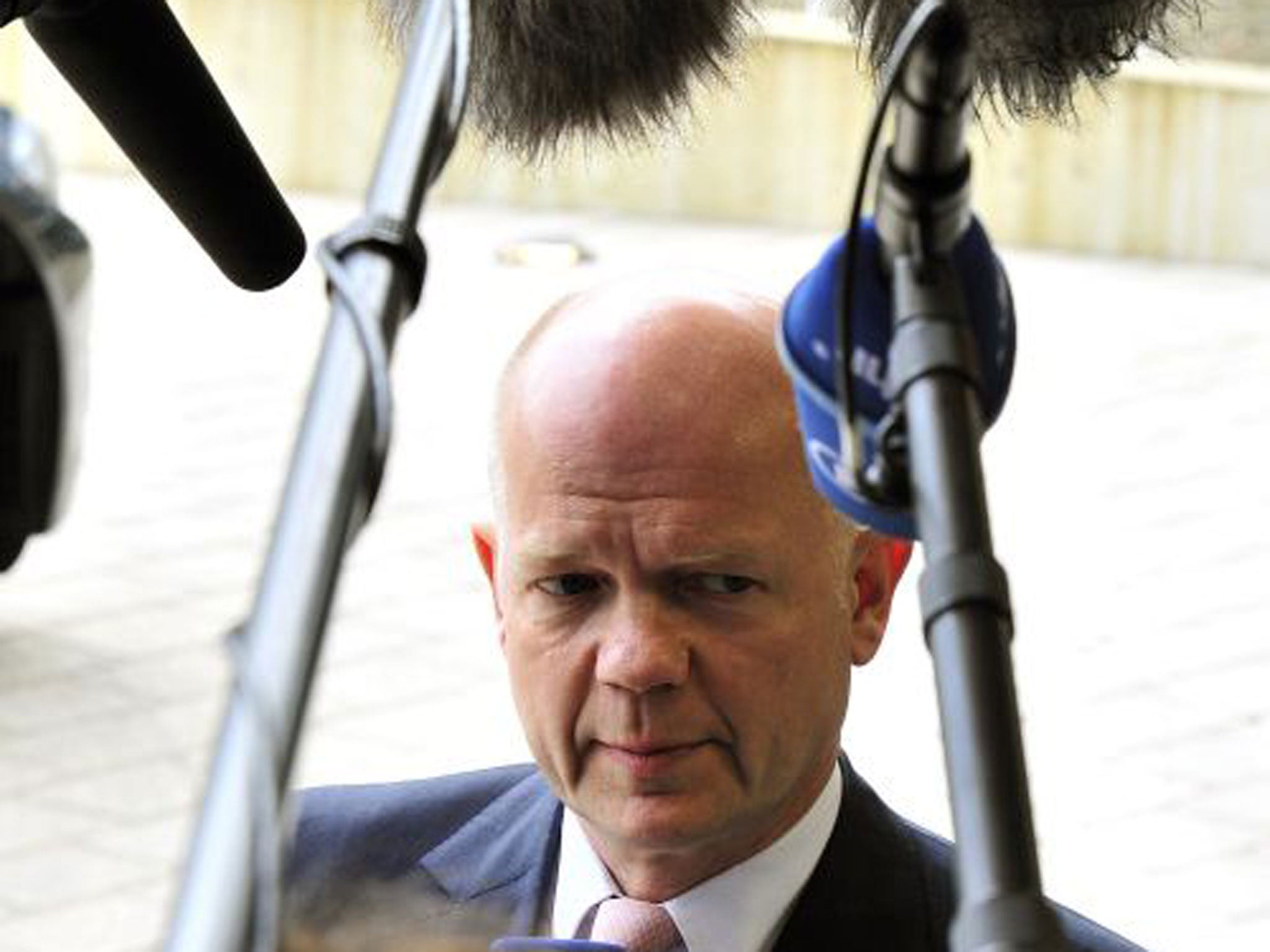Ukraine crisis: EU considers further economic sanctions against Russia
Foreign Ministers agree at Luxembourg meeting to expand list of people under travel bans

Your support helps us to tell the story
From reproductive rights to climate change to Big Tech, The Independent is on the ground when the story is developing. Whether it's investigating the financials of Elon Musk's pro-Trump PAC or producing our latest documentary, 'The A Word', which shines a light on the American women fighting for reproductive rights, we know how important it is to parse out the facts from the messaging.
At such a critical moment in US history, we need reporters on the ground. Your donation allows us to keep sending journalists to speak to both sides of the story.
The Independent is trusted by Americans across the entire political spectrum. And unlike many other quality news outlets, we choose not to lock Americans out of our reporting and analysis with paywalls. We believe quality journalism should be available to everyone, paid for by those who can afford it.
Your support makes all the difference.The European Union could impose deep and debilitating economic sanctions against Russia next week unless talks in the coming days result in an acceptable diplomatic solution to the deteriorating situation in Ukraine, France’s Foreign Minister warned on Monday.
The EU’s 28 foreign ministers met in Luxembourg yesterday tasked with trying to find a united approach to Russia’s alleged role in the storming of government buildings in eastern Ukraine. While they agreed to expand a list of people under travel bans and assets freezes, the bloc has yet to agree on the actions that would trigger the next phase of sanctions against Russia, or what they would be.
Instead the focus shifted to Thursday’s meeting between Russia, the US, the EU and Ukraine, which appears to be the last-ditch effort to pressure Moscow to de-escalate tensions in Ukraine.
“The goal is to show firmness while keeping a dialogue open,” France’s Laurent Fabius said, adding that they wanted Russia to address “fundamental questions” at the meeting. “If it is necessary, there may be a meeting of heads of state and government next week... which may adopt new sanctions.”
The EU’s foreign policy chief, Catherine Ashton, said after the meeting that the ministers “condemned unreservedly” recent events in Ukraine and confirmed that they were going to start considering who else to add to the existing list of 33 Russian and Ukrainian officials targeted after Russia annexed Crimea.
Those sanctions have so far had little impact on Moscow’s ambitions in Ukraine. Russian officials have strongly denied orchestrating the seizures of government buildings by militia in eastern Ukraine but Nato and EU officials have pointed out similarities between their uniforms and those worn by Russian troops in Crimea shortly before the annexation of the Black Sea peninsula. The British Foreign Secretary, William Hague, went into the meeting in Luxembourg asserting that events over the past few days in eastern Ukraine had been planned by Russia and had “all the appearances of a further gross, deliberate and premeditated violation of the independence and sovereignty of Ukraine”. Such actions needed a strong and united rebuke from the EU, he said. “ Further sanctions have to be the response to Russia’s behaviour,” he told reporters.
There was more caution from countries including Germany and Luxembourg, whose ministers stressed that all the diplomatic channels should be exhausted before serious economic sanctions are imposed.
Most governments agree that any movement of Russian troops over the border – where Nato reports that tens of thousands of soldiers are massing – would be a clear escalation of the situation. Whether Russia arming or supporting Ukrainian rebels or sending in undercover agents would represent such a trigger remains under discussion.
Washington has so far taken a stronger line on Russia, with calls this week for a united approach with Europe on deeper sanctions. An adviser to the Secretary of State, John Kerry, also said yesterday that they could consider supplying weapons to the Ukrainian government, with Thomas Shannon saying they were “looking into that as an option”. The director of the CIA, John Brennan, was in Kiev at the weekend but the White House spokesman Jay Carney insisted it was a routine visit.
A US military official also revealed that a Russian fighter jet had flown close to an American warship in the Black Sea on Saturday, calling it “provocative and unprofessional”.
Indirect action: How might the west fight back?
Underway: Asset freezes and visa bans
William Hague yesterday announced plans to expand sanctions. Visa bans and asset freezes have already been placed on 33 Ukrainian and Russians, including members of President Vladimir Putin’s inner circle.
Exclusion from negotiating tables worldwide
EU leaders have joined counterparts in cancelling a G8 summit scheduled with Russia in June. Brussels has suspended talks with Moscow on a visa liberalisation scheme.
Likely: Trade suspensions
France, which has suspended most of its military cooperation with Russia, must decide whether to sell two Mistral-class helicopter assault ships, the first of which is due for delivery in October. French officials have said that cancelling the €1.2bn (£990m) contract could only happen as part of a broader package of EU sanctions.
Unlikely: Military action
An option, though extremely unlikely. With events so delicately poised and a vast disconnect between statements from the Kremlin and events on the ground in the Eastern Ukraine, few will want to start ratcheting up a military threat.
Subscribe to Independent Premium to bookmark this article
Want to bookmark your favourite articles and stories to read or reference later? Start your Independent Premium subscription today.
Join our commenting forum
Join thought-provoking conversations, follow other Independent readers and see their replies
Comments